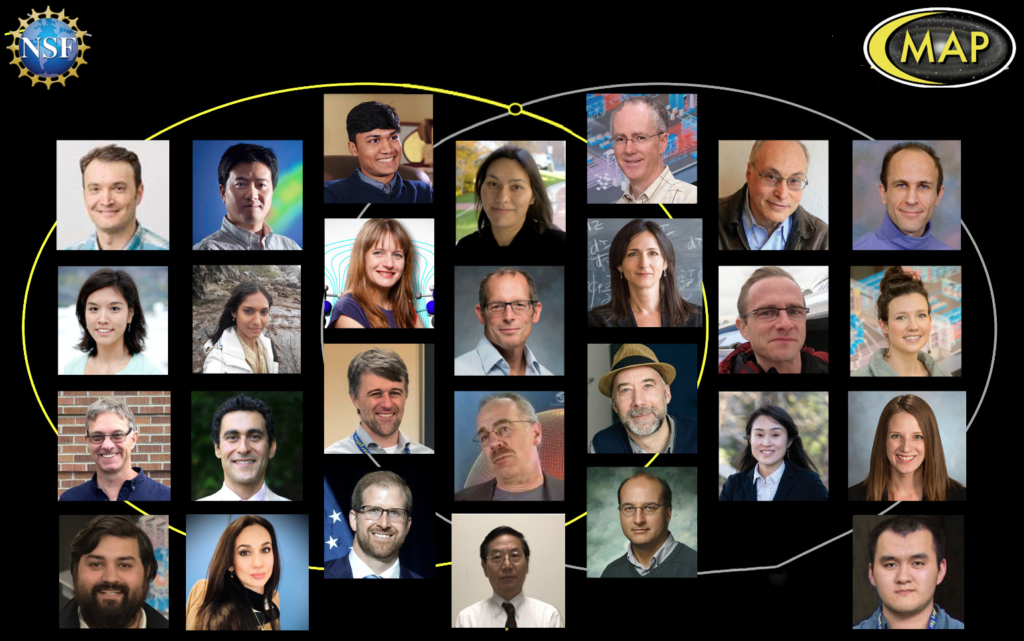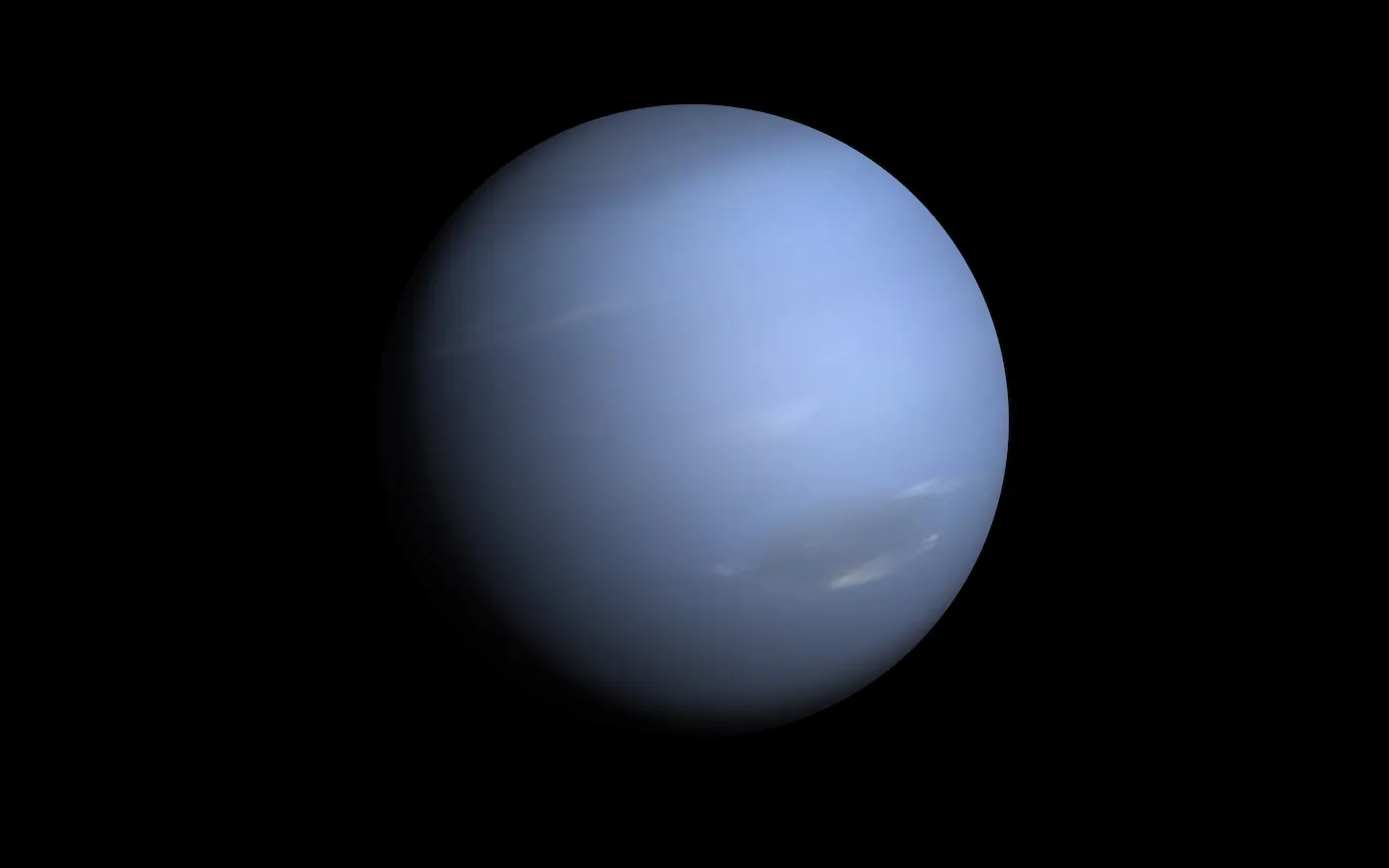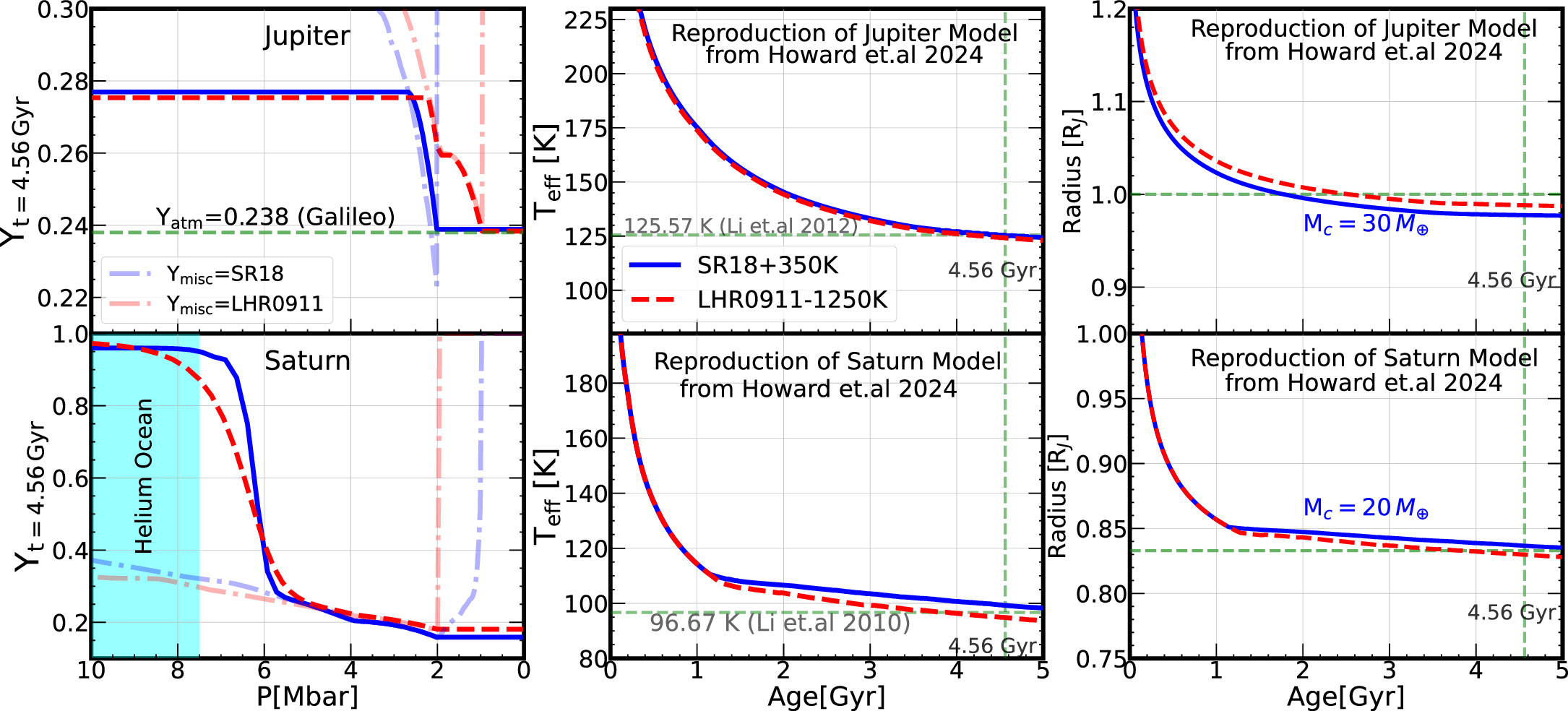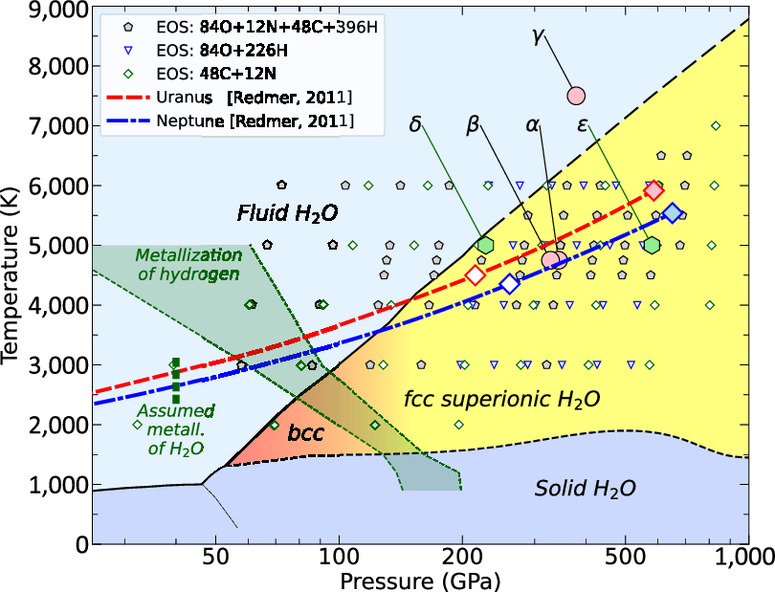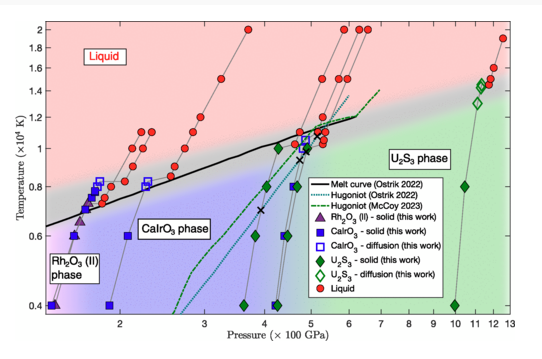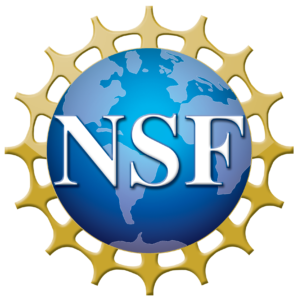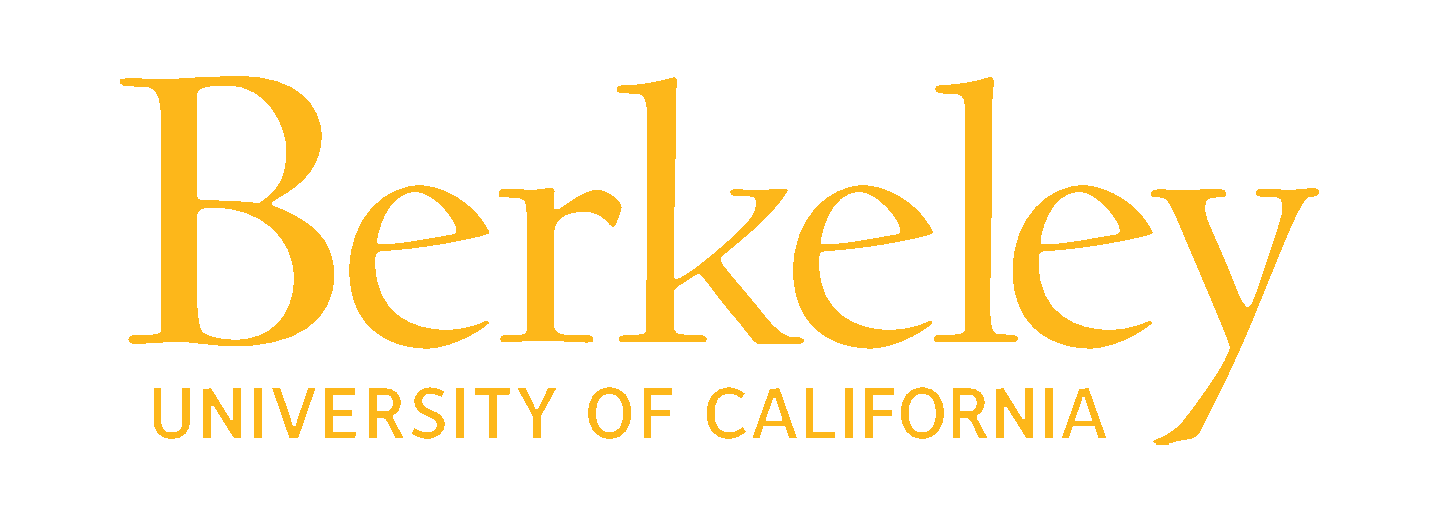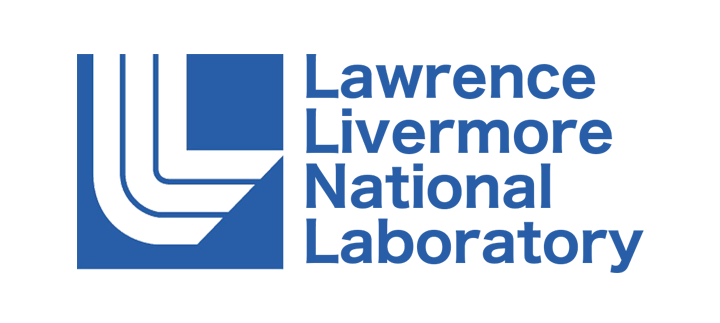February 14, 2025
Dr. Burkhardt Militzer talks in Science Friday, about his recent research based on computer simulations of fluids hints that the planets could contain vast multi-layered oceans, as much as thousands of miles deep.
February 5, 2025
A. Sur, R. Tejada Arevalo, Y. Su, and A. Burrows write in The Astrophysical Journal Letters, “With the recent realization that there likely are stably stratified regions in the interiors of both Jupiter and Saturn, we construct new nonadiabatic, inhomogeneous evolutionary models with the same microphysics for each that result at the present time in respectable fits for all major bulk observables for both planets.”
January 30, 2025
Z. Lin, S. Seager and B. P. Weiss write in The Planetary Science Journal, “The interior composition and structure of Uranus are ambiguous. It is unclear whether Uranus is composed of fully differentiated layers dominated by an icy mantle or has smooth compositional gradients.”
Phase separation of planetary ices explains nondipolar magnetic fields of Uranus and Neptune
November 25, 2024
Dr. Burkhardt Militzer writes in PNAS, “The Voyager spacecraft discovered that the ice giants Uranus and Neptune have nondipolar magnetic fields, defying expectations that a thick interior layer of planetary ices would generate strong dipolar fields.”
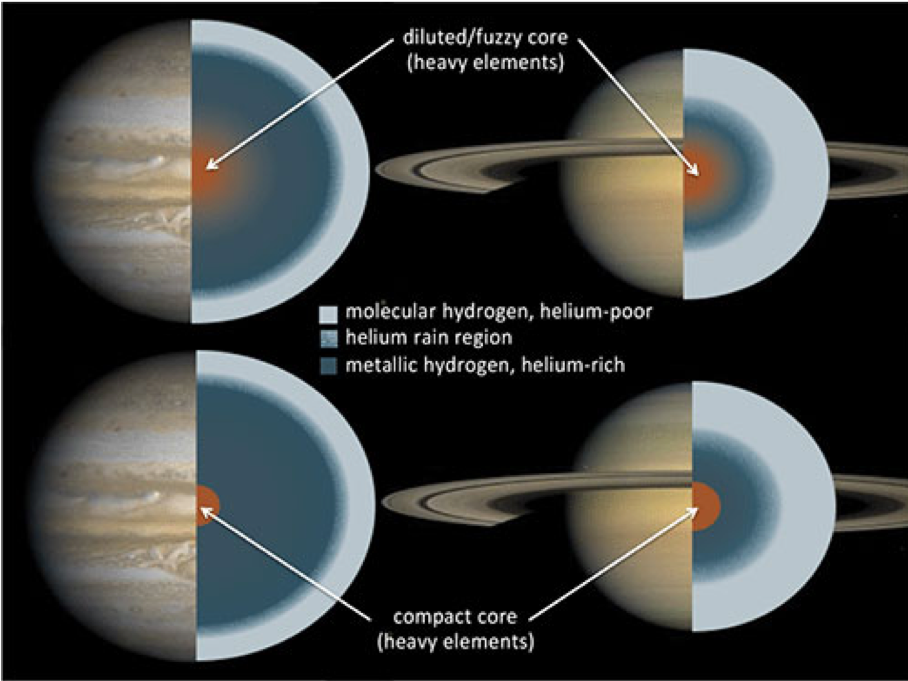
Our research
CMAP’s cutting edge research explores the states and processes of the most extreme matter that can be produced with today’s laboratory capabilities, which may exist in the deep interiors of planets and stars throughout the universe.
Learn more
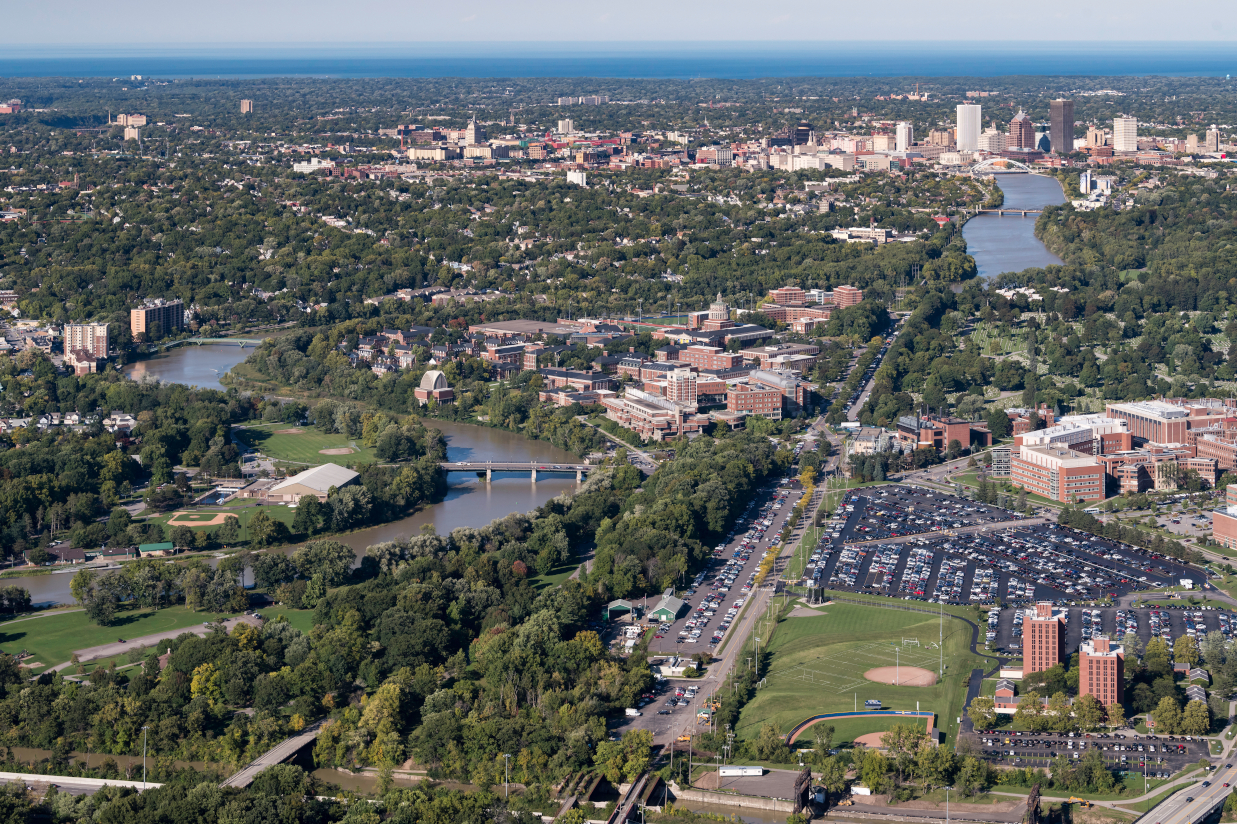
Education and outreach initiatives
CMAP is committed to engaging the public and inspiring the next generation of scientists. We offer several outreach and education programs, including summer experiences for undergraduates and high school students.
Learn more
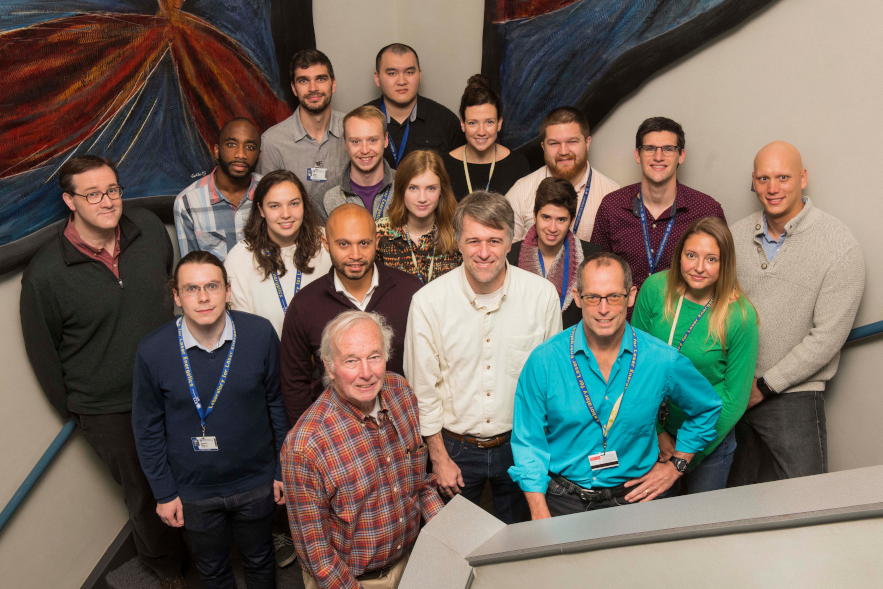
Events
CMAP offers a variety of events, including a seminar series open to the general public and center meetings for faculty, scientists, researchers and students from our partner institutions. Check out CMAP’s upcoming events.
Learn more


